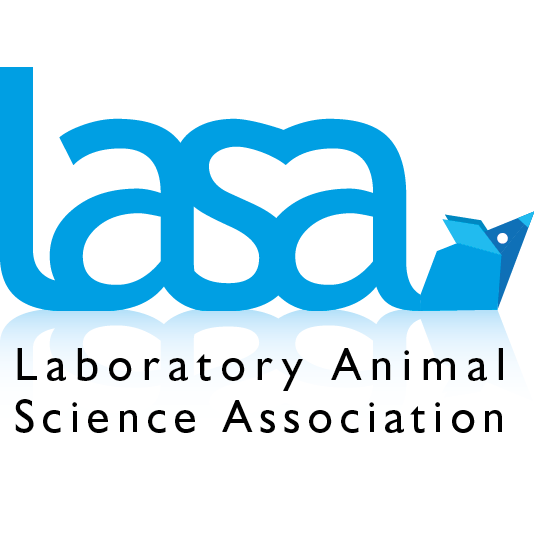An animal-free organoid model has won the 3Rs Prize, awarded by the NC3Rs and sponsored by GSK.
Dr Lisa Wagar from the California Irvine University, USA, has been awarded the 3Rs Prize for her entirely animal-free tonsil ‘organoid’ model of respiratory infection and immunity. Respiratory infections are the deadliest communicable disease and the fourth leading cause of death globally, even before the COVID-19 pandemic. Research still largely relies on animal models which may poorly replicate the complex responses to infection and vaccination in humans. Lisa used cells from human tissue samples to develop miniature tonsils, called organoids, to investigate the immune response to infection and vaccination.
In the winning paper, Lisa uses the system to investigate how immunity develops in response to flu, MMR and COVID-19 vaccination. The organoids were able to capture individual patient variation in somatic hypermutation, affinity maturation and B cell class switching. This is the first time these aspects of the adaptive immune response have been accurately reflected in an in vitro system, replacing the use of animals with a more human relevant model. Lisa’s organoids do not use any animal cells or animal-derived products such as cell culture media/sera or antibodies.
The paper has been viewed over 53,000 times and Lisa’s model is already being used by international collaborators. The Prize grant will support early careers researchers in the Wagar lab to present their research at conferences, showcasing the utility of the model and driving its adoption alongside building the future skills base in non-animal organoid approaches. By developing the technology into a high throughout system that can handle more samples in less time, Lisa aims to maximise the efficiency of respiratory disease research, streamline vaccine development and tackle global pathogens of concern, all whilst replacing the use of animals.

